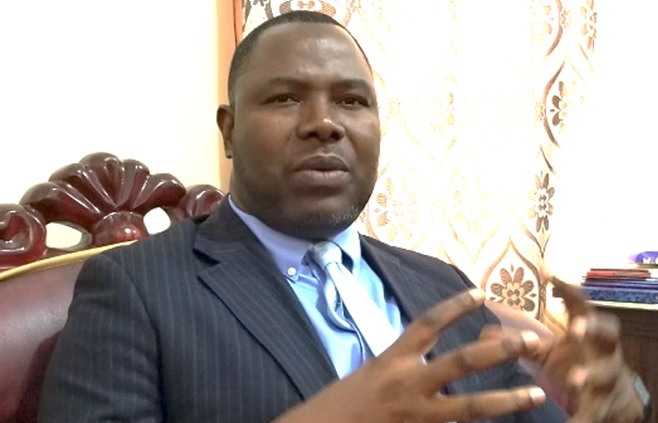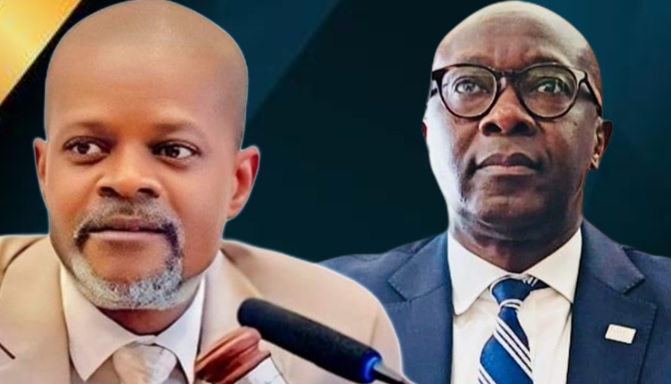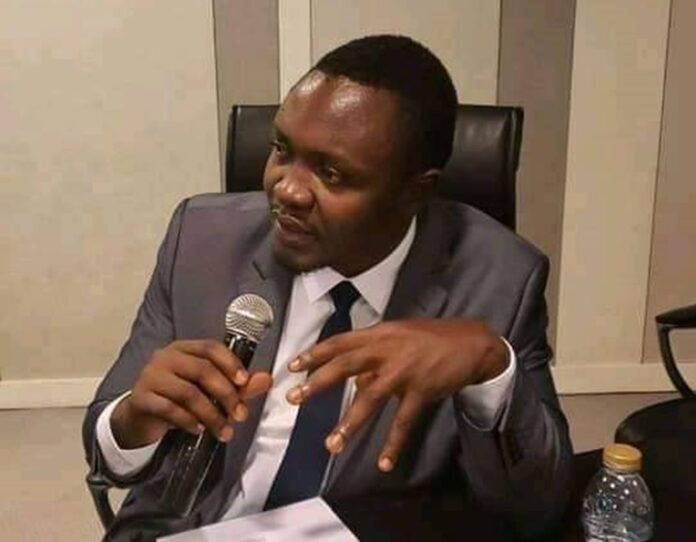MONROVIA – According to FrontPageAfrica, the ruling Unity Party (UP) has recommended a list of its partisans to the governor of the Central Bank of Liberia (CBL) for employment, a move that threatens to further bloat the size of government at a time when there is widespread clamor for cutting down on the cost of governance.
In a communication dated April 23, 2024, UP’s chairman, Luther Tarpeh, approved the names of 13 persons, bringing the total number of recommended party faithfuls to 32 for appointments at the CBL, as reported by FrontPageAfrica. This revelation is alarming, especially considering the economic challenges facing Liberia and the urgent need for fiscal prudence.
FrontPageAfrica also uncovered that Tarpeh, who is also the board chairman of the National Port Authority, has recommended partisans of the party for jobs in other government institutions as well. Rumors surfaced on social media suggesting that he recommended the appointments of 43 persons in total at the Liberia Petroleum Refinery Company, Ministry of Labor, and Ministry of Finance.
This practice of political patronage is reminiscent of past administrations, including that of Boakai’s predecessor, George Weah, who faced criticism for appointing partisans of his Coalition of Democratic Change (CDC) into government positions, even as the economy plunged into recession. During Weah’s tenure, it was reported that the CBL was pressured to employ CDC partisans recommended by the party, leading to concerns about nepotism and favoritism.
Retired CBL Executive Governor Nathaniel Patry infamously admitted to receiving a list of people from the CDC for employment, further highlighting the prevalence of political influence in government appointments.
The Unity Party, while in opposition, criticized the former president’s decision to expand the government’s payroll, citing it as a primary reason for the country’s revenue shortfall and inability to meet infrastructure and salary commitments.
FrontPageAfrica’s investigation reveals that Tarpeh is not the only one recommending partisans for government positions. Several other politicians, including Bong County senator Prince Moye, Montserrado County senator Abraham Darius Dillon, and Senate Pro Tempore Nyonblee Karngar-Lawrence, have also been implicated in similar practices.
Liberians are disappointed that, amid the prevailing economic challenges, the government has not taken decisive steps to reduce the cost of governance by streamlining ministries and departments. Many believe that a leaner government structure would be more efficient and result-oriented.
Apart from the financial burden imposed by accommodating a large number of political appointees in a debt-riddled economy, political analysts warn that the UP’s approach to governance risks generating further consequences in the future.
As FrontPageAfrica’s revelations spark outrage and calls for accountability, the spotlight is on the Unity Party and the Liberian government to address these concerns and demonstrate a commitment to transparent and accountable governance. Failure to do so may deepen public distrust and exacerbate the challenges facing Liberia’s economy and governance systems.
The revelations by FrontPageAfrica highlight the need for urgent action to curb political patronage and ensure that government appointments are based on merit and competence rather than political affiliation. Only through genuine efforts to promote transparency, accountability, and good governance can Liberia overcome its economic challenges and build a brighter future for its citizens.







